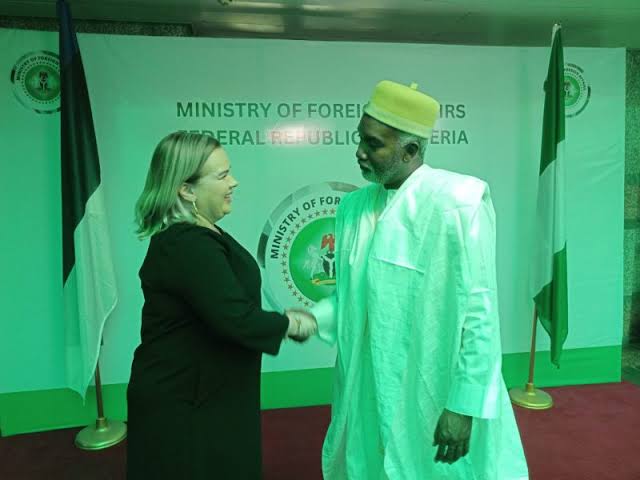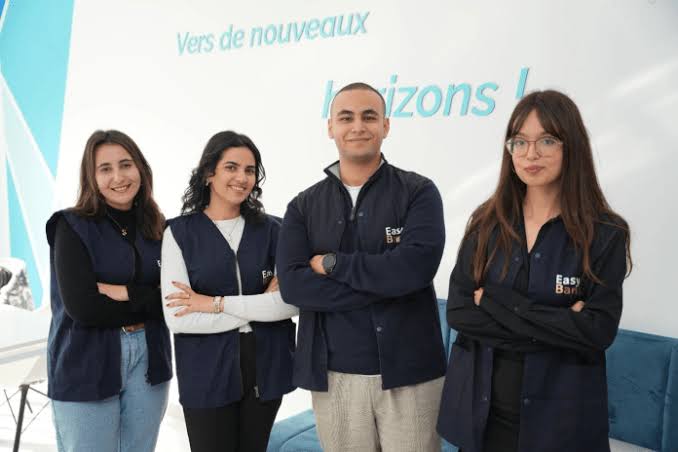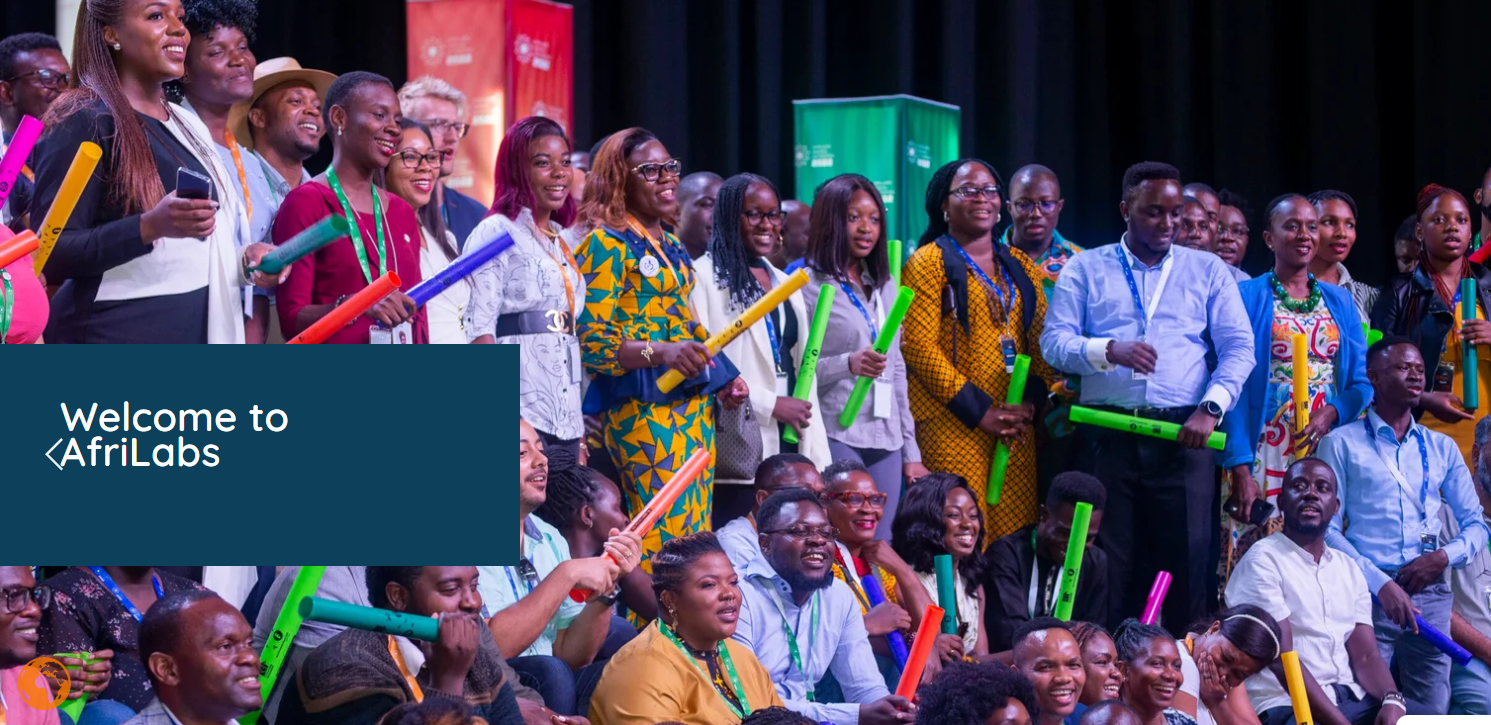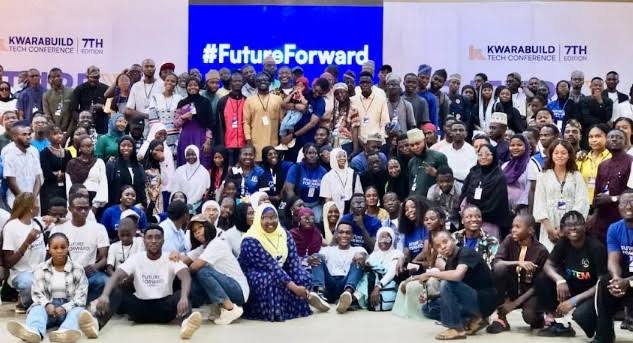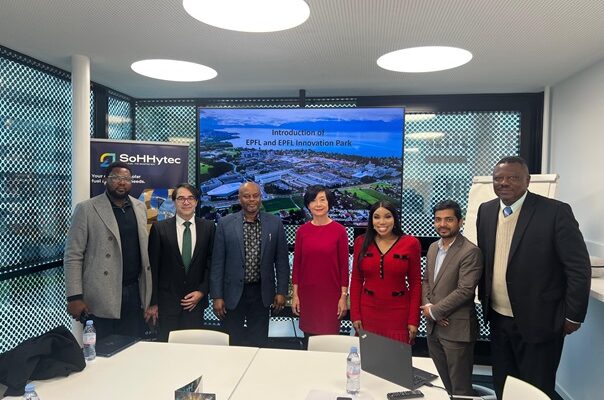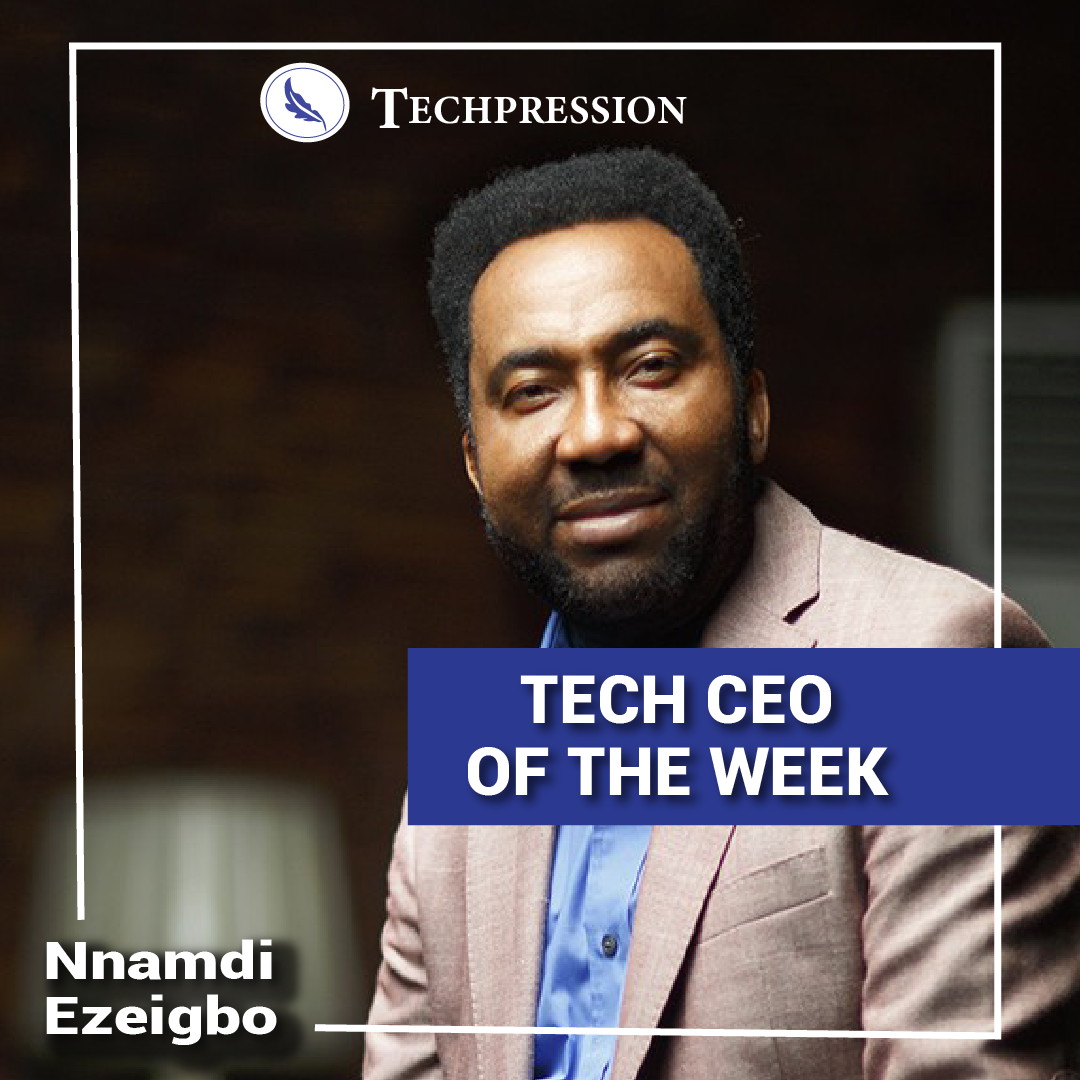Nigeria and Estonia have announced plans to strengthen their economic and digital partnerships, marking a new era of collaboration between the two nations. This announcement came on Friday during a meeting between Nigeria’s Minister of Foreign Affairs, Ambassador Yusuf Tuggar, and his Estonian counterpart, Minna-Liina Lind, in Abuja, Nigeria.
Read also: BayoGPT appointed new Deputy CEO of Nigerian edtech firm Gradely
Strengthening economic partnerships
Ambassador Tuggar emphasised the importance of boosting private-sector partnerships, particularly in technology and startups, by establishing a structured framework to create an enabling environment.
He noted, “Estonia is very advanced when it comes to technology when it comes to e-government, and already our private sectors are leading the way in terms of collaboration, startups, and several other engagements in technology.”
The ministers discussed trade delegations and potential business exchanges, with plans for Estonian businesses to visit Nigeria soon.
Estonia’s Minister of Foreign Affairs, Minna-Liina Lind, highlighted the shared principles between the two nations on international affairs, stating, “What we share is not in size, because Estonia has 1.3 million people, what we share definitely is our principle stance on international affairs in the national fora, both in the United Nations and elsewhere.”
Nigeria’s exports to Estonia valued $22.2 million in 2023, primarily consisting of cocoa and cocoa preparations. Estonia is keen on increasing trade volume with Nigeria through various business opportunities. The presence of Estonian companies like Bolt in Nigeria underscores the existing collaboration between the two countries.
Read also: Nigerians can now pay taxes via Flutterwave on FIRS’ TaxPro Max
Enhancing digital cooperation
Estonia’s digital advancements offer a robust platform for collaboration with Nigeria’s vibrant startup ecosystem. Minister Lind acknowledged, “Estonia is a very digitally advanced country, so we know that here also there are many, many vibrant startups and many advancements in that sphere, so we want to also collaborate on that.”
Nigeria’s efforts to build digitally connected societies align with Estonia’s digital public infrastructure and e-governance expertise. Establishing embassies in both countries is expected to cement their relationship further and facilitate deeper cooperation in these areas.
As both nations move forward, they are poised to leverage their complementary strengths to foster a more integrated and mutually beneficial partnership. Nigeria’s Minister of Industry, Trade and Investment, Dr. Bosun Tijani, ‘s visit to Estonia in May 2024 also highlighted the focus on digital transformation and innovation. This ongoing engagement reflects a commitment to shared prosperity through technological and economic collaboration.
